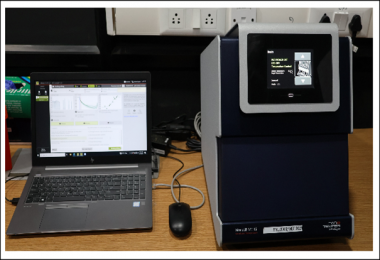Protein Expression, Purification, and Characterization Facility
The Protein Expression, Purification, and Characterization Facility at the Department of Life Sciences (DLS), School of Natural Sciences (SNS), Shiv Nadar Institution of Eminence (SNIoE) supports diverse research groups in the production and analysis of recombinant proteins. This facility enables protein expression in various host systems, including bacterial, mammalian, and insect cell cultures. Protein purification is performed using advanced chromatography techniques, and protein structure and function are evaluated using various biochemical and biophysical methods. The facility houses multiple state-of-the-art instruments to support these processes.
1. Biosafety Cell culture Hoods:
Thermo Biosafety hoods provide a sterile environment by filtering air through HEPA filters, protecting both the
user and cell cultures from contamination, and maintaining aseptic conditions in cell culture work.
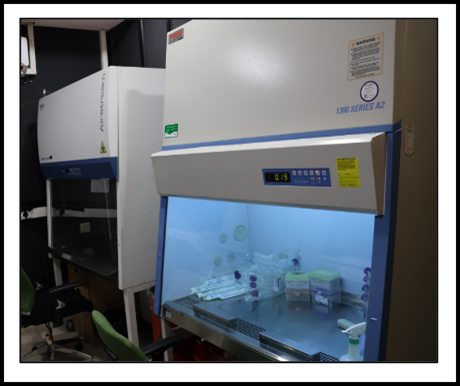
2. Incubator shakers for Cultures:
- Eppendorf S44i incubator shaker for growing bacterial cultures with temperature control (37⁰C – 15⁰C).
- Orbitek incubator shaker for culturing insect cells.
- Thermo incubator for growing animal cell cultures.
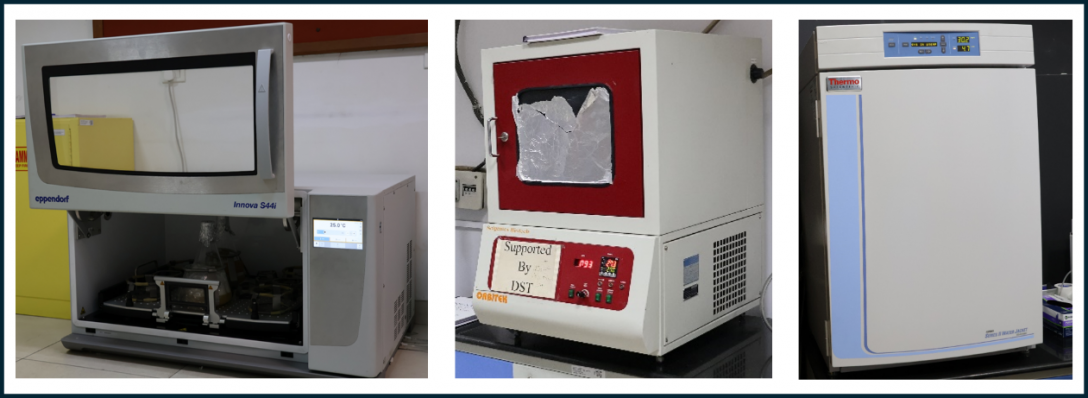
3. Cell culture centrifugation
Sorvall Lynx 6000 is used for cell culture centrifugation to separate cells from the culture medium by spinning the mixture at high speeds to harvest cells or remove supernatant for further analysis or processing.
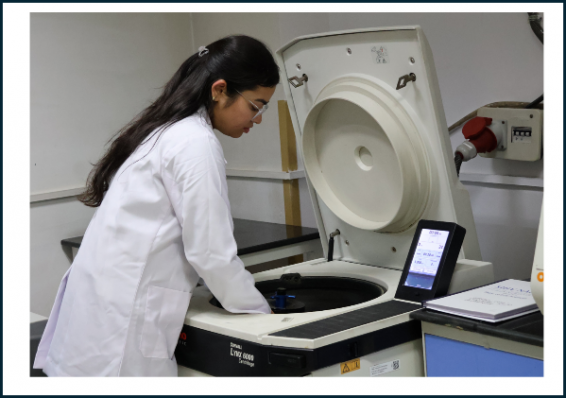
4. Culture Sonication:
Qsonica uses high-frequency sound waves to disrupt cell walls/membranes, facilitating cell lysis and releasing intracellular content, such as protein extraction or DNA/RNA isolation.
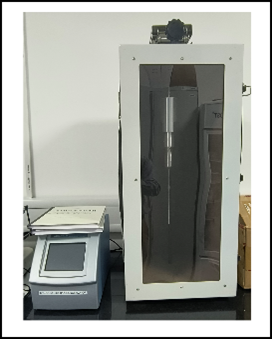
5. Chromatography of protein:
The AKTA pure chromatography system in the cold room is suitable for applications ranging from analytical to preparative
scale purification of proteins. It supports various chromatographic techniques, including ion-exchange, size-exclusion,
affinity, hydrophobic interaction, and reversed-phase chromatography to offer flexibility and scalability to meet diverse research needs.
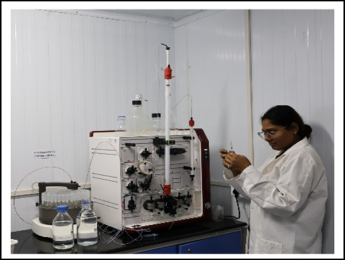
6. Circular Dichroism spectroscopy (CD):
Jasco 1500 Circular Dichroism (CD) spectrophotometer is used to study the secondary structure of proteins by measuring
their differential absorption of left- and right-handed circularly polarized light. It provides insights into protein folding,
conformational changes, and stability.
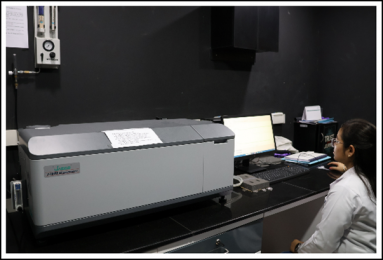
7. Microscale Thermophoresis (MST):
The Monolith NT.115 instrument from NanoTemper Technologies utilizes MST to quantify biomolecular interactions in
solutions to measure the movement of fluorescently labeled molecules along a microscopic temperature gradient,
providing insights into binding affinities (Kd) and other molecular properties.
